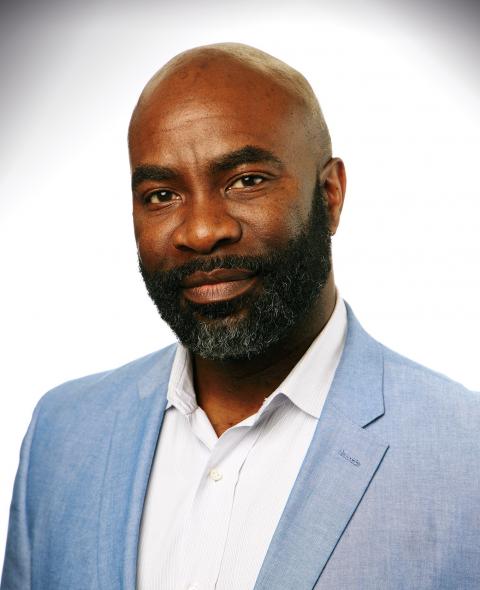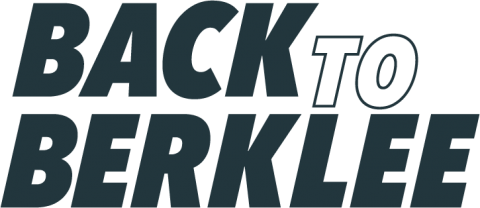Ensemble Department Seeks to 'Futureproof' Students

Sean Skeete, chair of the Ensemble Department
As essential as these experiences are in shaping high-caliber musicians, the coronavirus has forced the college to table in-person performances for the fall. But that doesn’t mean that Berklee students will slow down in developing the skills they need to emerge from the pandemic at the top of their game.
Since going fully online in the spring, the Ensemble Department has been thinking about how to give students an enriching and meaningful experience when they can’t be physically together. It will do that by offering traditional ensembles (440 of them) but also by preparing students for a changed music industry.

“I think this space has opened up opportunities, new modalities using the technology for teaching and learning and doing music together, that have been great,” said Sean Skeete, chair of the Ensemble Department. “It’s relevant to create music in the virtual space because it’s the reality that we’re in, and I think it’s the reality we will be in moving forward, even if we get back to ‘normalcy.’”
Artists and the music industry have already been moving more online, more toward artists recording in their own spaces, so it’s essential that Berklee students learn how to navigate this landscape with technical skill and business savvy.
The Professional Performance Division welcomes students for the fall:
“It’s the standard now for you to be able to produce yourself,” Skeete explained, drawing an analogy with an area college. “A student would never go to Harvard and not really have to develop their writing chops. Even though they may not be a writer, there’s an expectation through the rigor of the curriculum that when they come out they can articulate themselves a certain way.” The same, he said, should hold true for Berklee students’ competence in self-recording and self-production. Developing these areas, Skeete said, will help students “futureproof” themselves.
This semester, ensemble students will get some good practice with both skills. At the moment, the internet isn’t fast enough to handle live, simultaneous performances, so students will be recording their parts using the technology they have on hand—often Logic, GarageBand, or Pro Tools—and either faculty or students will mix the performance together, depending on the class.
“The teacher of pre-COVID...is not the teacher of 2020 and beyond. We’re talking about hybrid learning; I’m talking about hybrid teaching, hybrid teachers.”
—Sean Skeete, chair of the Ensemble Department
But not every class will be about recording, Skeete said. Some classes focus on listening and analysis of performances. For example, a student may play along with a backing track and then get some feedback. In fact, Skeete said, this is one advantage of being remote. “The one thing that has changed is it’s slowed us down a little bit, because sometimes [on campus] you don’t have time to work with a student on their part individually, because you’re fluid, you’re in a situation where there’s a group of people, and you can’t always stop. But now we’re slowed down a little bit, and we’re in this virtual space, and we can actually take time and deal with individual parts.”
For some students, though, even doing this can be challenging since they might not have reliable internet, be in a place conducive to performance, or even have their instrument if it’s something like a marimba, for example. Skeete said that teachers are more and more able to recognize these challenges and respond to them.
“The teacher of pre-COVID...is not the teacher of 2020 and beyond. We’re talking about hybrid learning; I’m talking about hybrid teaching, hybrid teachers. Teachers who are more fluid in technology, fluid in a more holistic style of teaching and engaging students,” Skeete said.
This hybrid style has a lot to do with an interdisciplinary skill set, but it also speaks to the interpersonal approach Skeete wants to encourage among his faculty. For example, he said, many students, and Black students in particular, have been deeply affected by the racial issues in the country, and faculty need to be sensitive and attentive to the fact that these issues are having an impact on students. The Ensemble Department, he added, has got to be ready to hit the ground running from day one when it comes to not just technological issues but also social challenges, including being responsive to students’ concerns regarding racism, and continuing to diversify the faculty.
“We care about them and we’re going to take care of them,” Skeete said of students. “Even in this virtual space, we’re going to do whatever we can to build community and to build connection. I think that’s important for [students] to know; they’re not just a widget, it’s not just like we’re on an assembly line. We’re actually looking to give them a good experience and to connect.”




